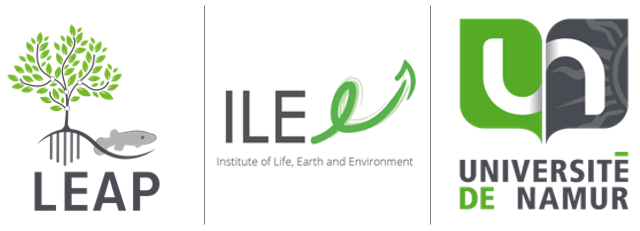 I completed a master in biology of organism and ecology at the university of Liège, during which I also studied at the University of the Basque Country and within the Society of Sciences Aranzadi, where I carried out my master’s thesis on the alternative mating strategies in the common wall lizard. I then departed for New-Zealand, where I had the chance to intern with the ectotherm team of the zoo of Auckland. I finally came back to Belgium to follow a bioinformatics training course, which brought me to intern within LEAP, where I assisted former PhD student Alessandra Carion with her analysis of methylome data.
I completed a master in biology of organism and ecology at the university of Liège, during which I also studied at the University of the Basque Country and within the Society of Sciences Aranzadi, where I carried out my master’s thesis on the alternative mating strategies in the common wall lizard. I then departed for New-Zealand, where I had the chance to intern with the ectotherm team of the zoo of Auckland. I finally came back to Belgium to follow a bioinformatics training course, which brought me to intern within LEAP, where I assisted former PhD student Alessandra Carion with her analysis of methylome data.
Now myself a PhD student within LEAP, my focus is on studying the mixed mating system of the mangrove rivulus Kryptolebias marmoratus. More precisely, I am interested in finding out why populations from Florida and Belize present such different rates of outcrossing, as well as in identifying the evolutionary forces that could lead to varying levels of genetic diversity among populations. As a first step toward this goal, I am currently working on identifying the genetic and epigenetic mechanisms through which temperature exerts its influence on sex determination in this species. This will ultimately lead to a better understanding of the processes that allow lineages from distinct regions to produce such different proportions of males in response to cold temperatures.
